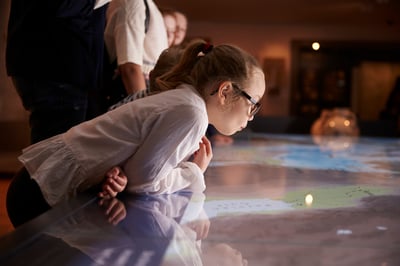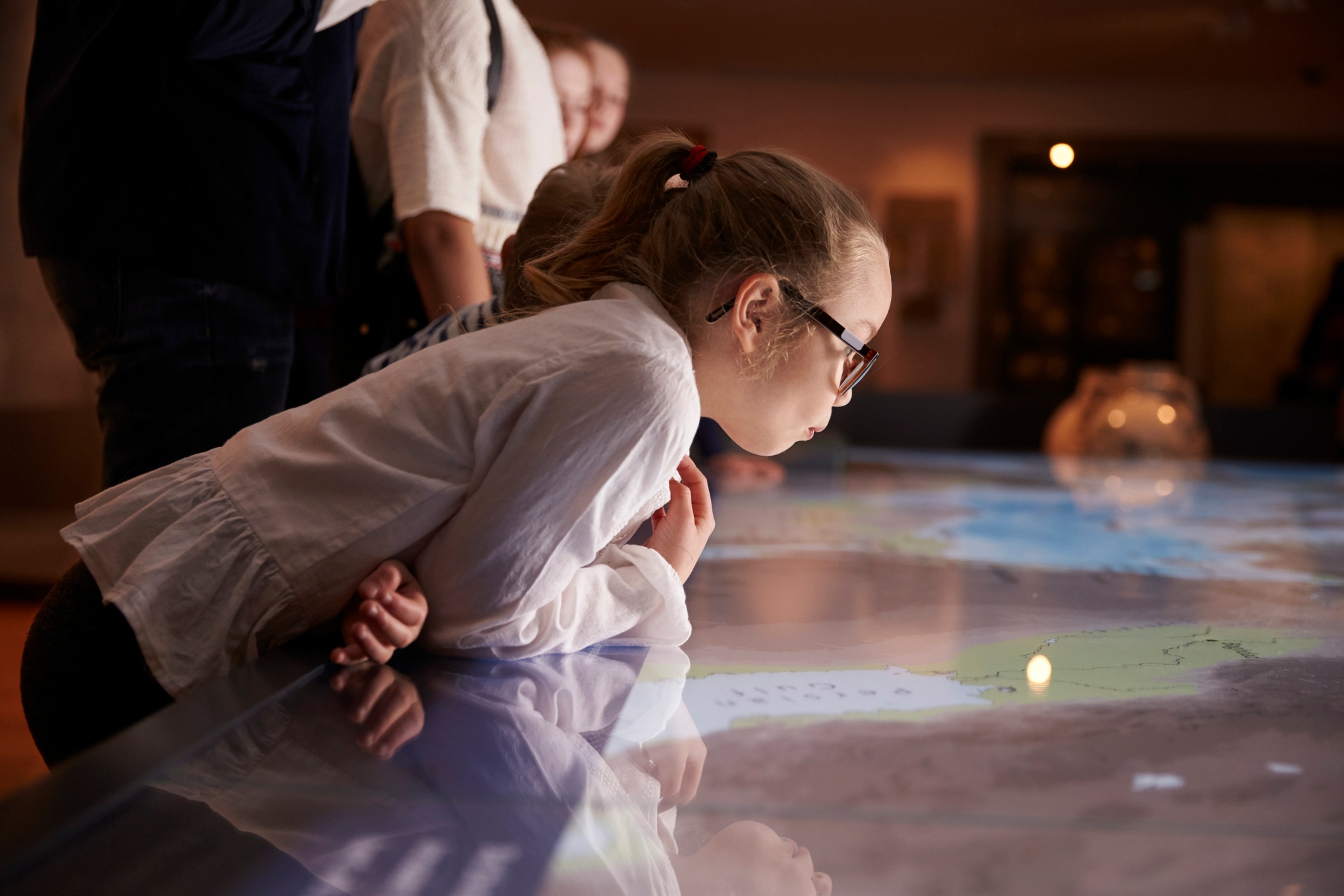 “. . . 66 percent of [teachers] said they’re spending three to four weeks at the beginning of the school year teaching old concepts that have been forgotten.” (Washington Post)
“. . . 66 percent of [teachers] said they’re spending three to four weeks at the beginning of the school year teaching old concepts that have been forgotten.” (Washington Post)
Two words, Huffington Post tells us, can “help you prevent learning loss this summer: enrichment and involvement.” The article then shares 12 concrete enrichment and involvement tips to keep your child learning over the summer. The first is to visit the nearest library. Consider recording your child reading to you or you reading to him or her, and then play these recordings at bedtime.
Also plan field trips, with museums being an especially good choice. Fortunately, Cleveland has plenty of museums, ranging from art to science, children’s museums to history to the house from the movie "A Christmas Story." Invite your children to draw pictures and write stories about what they saw in the museums, and find books in the library to supplement what caught their attention.
In the mood to stay home? Cook with your children and teach them measurements as you do. Use a historical cookbook to re-enact past eras. Put on a family play, from start to finish. Write the script, gather props, rehearse together and add some musical elements to the play. Have a family game night. Games like Scrabble will help your child retain and then build on vocabulary skills. The Huffington Post article has more ideas, such as setting up chores and interesting family vacations.
“. . . the average student lost more than two months’ worth of knowledge of mathematics [over the summer].” (Parenting Science)
Parenting Science encourages parents to allow their children to explore interests over the summer that aren’t part of a standard curriculum. The site provides a dinosaur guide for children who are fascinated by these prehistoric creatures, and resources are available for broader paleontology, as well.
Or maybe your child is intrigued by outer space. If so, here are planetariums in Ohio where your child can learn more information in a fun way. NASA also provides information about Mars for kids in a fun way.
If your child is aged 8 or older, consider a bridge-building adventure. Carol A. Johmann wrote Bridges: Amazing Structures to Design, Build & Test, a book that will boost creative thinking while teaching your child about architecture and mechanics.
Finally, the Washington Post offers suggestions based on age. For elementary school students, one piece of advice is to remember to let your children play — and mix learning into the play. “Summer,” the article shares, “is a time to chat. Spend time getting to know your child, getting to know how they think about the world around them.” If you go on vacation, allow your child to figure out some budget items to reinforce math skills. Have him or her write postcards while on vacation to work on penmanship and to learn to jot down the most important information in a relatively small space.
In middle school, expose your child to new things, whether it’s a new sport or hobby or class. Don’t force him or her to read the book you think is important. It can be just as educational for your child to read something interesting online and then discuss it with you.
If your child is in high school, go to an outdoor movie festival together and then talk about the film. Create a family book club and discuss what you read. Finally, here is a crucial piece of advice that sums up the entire concept of summer learning. “Do something,” the article shares, “that opens your world.”







